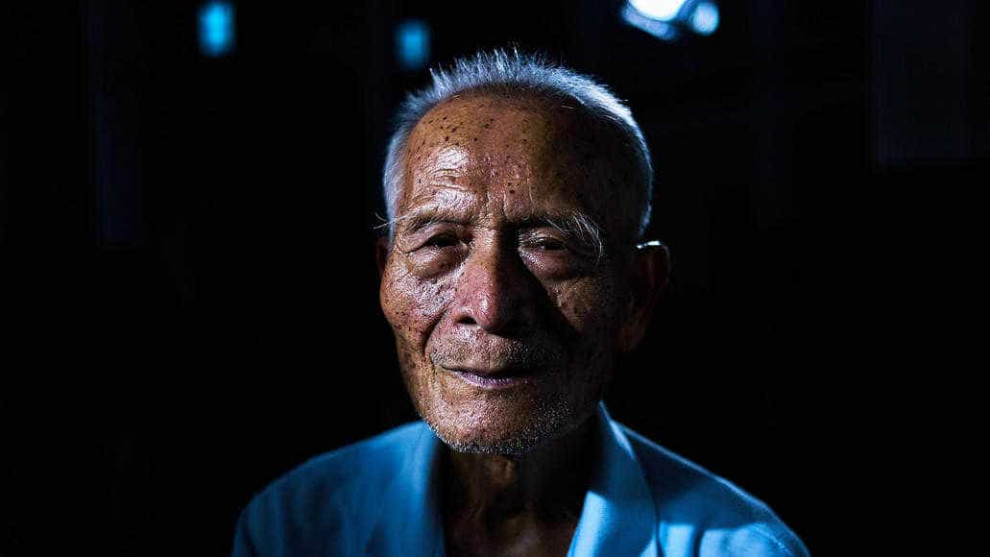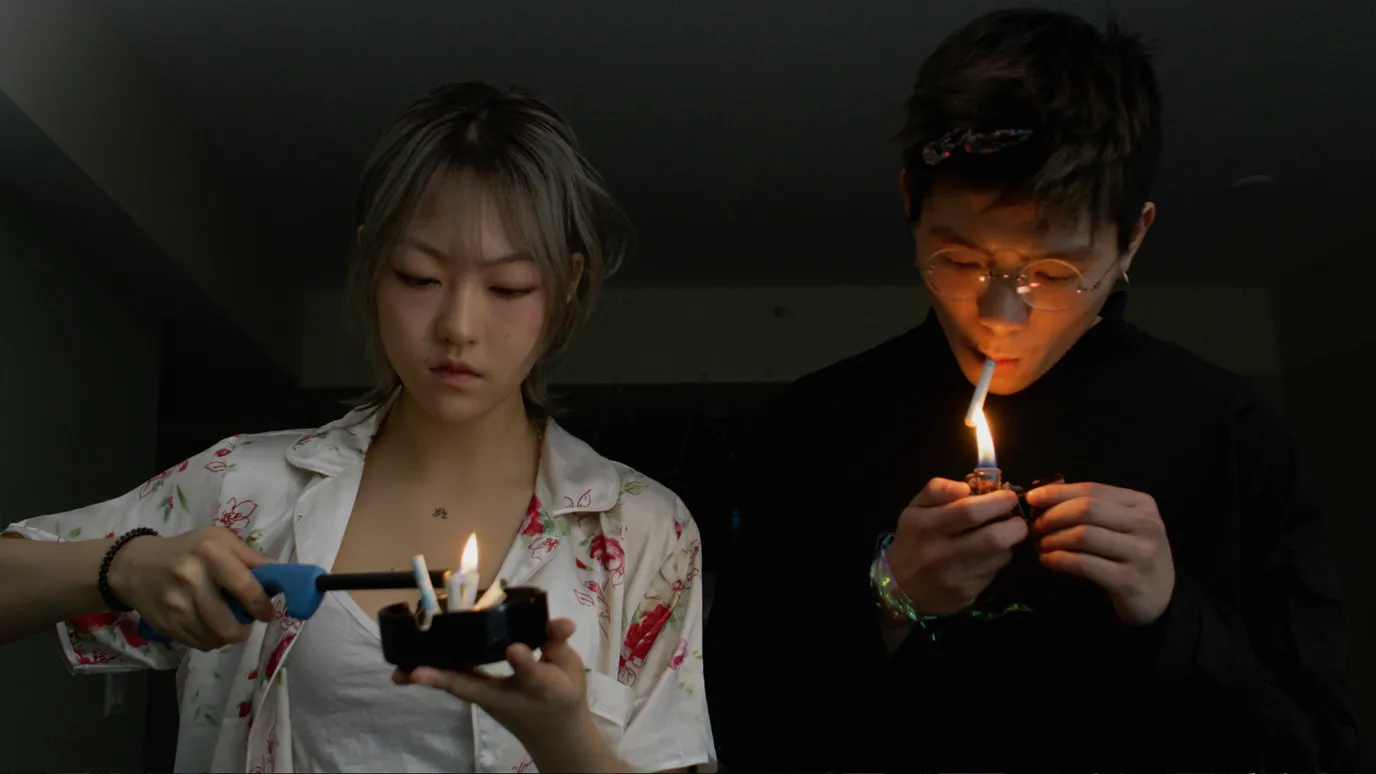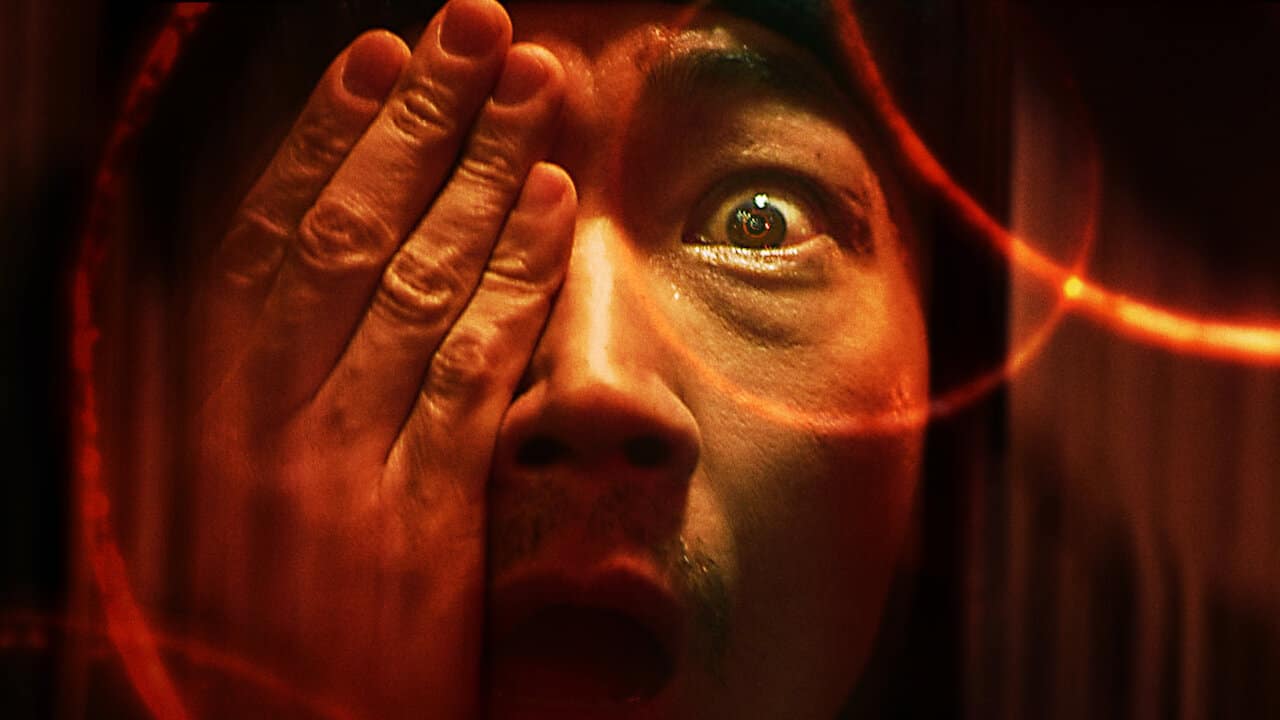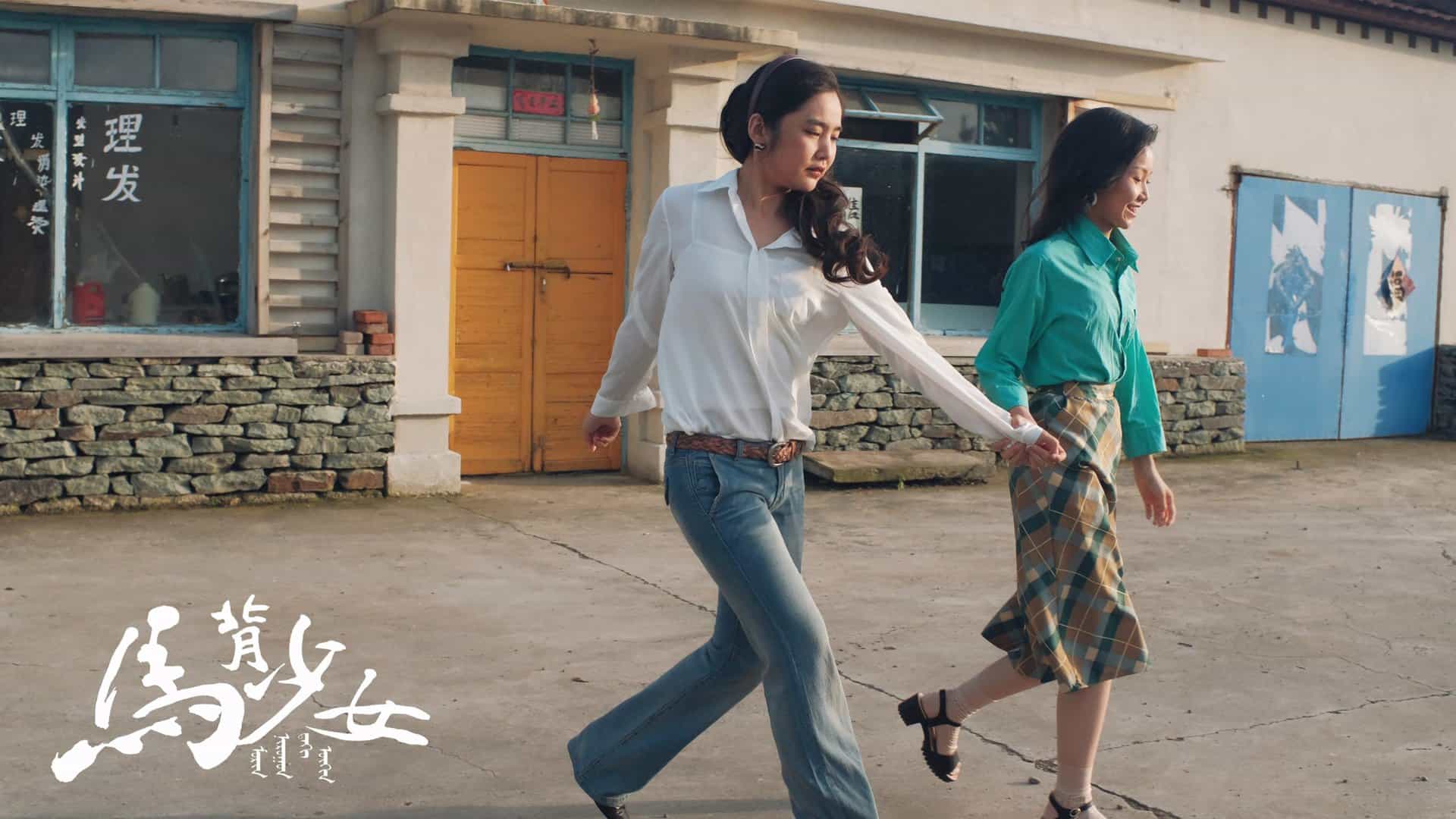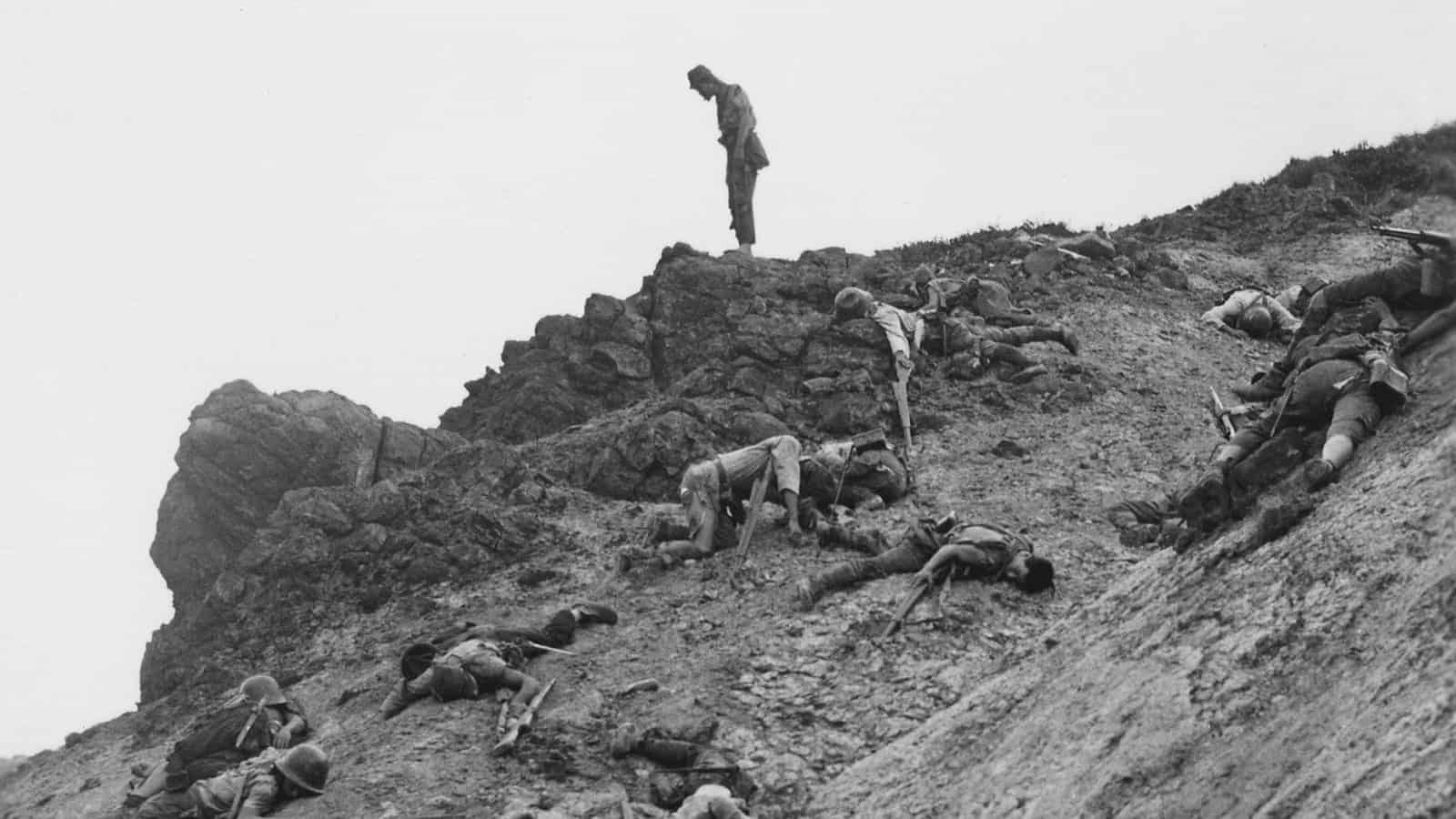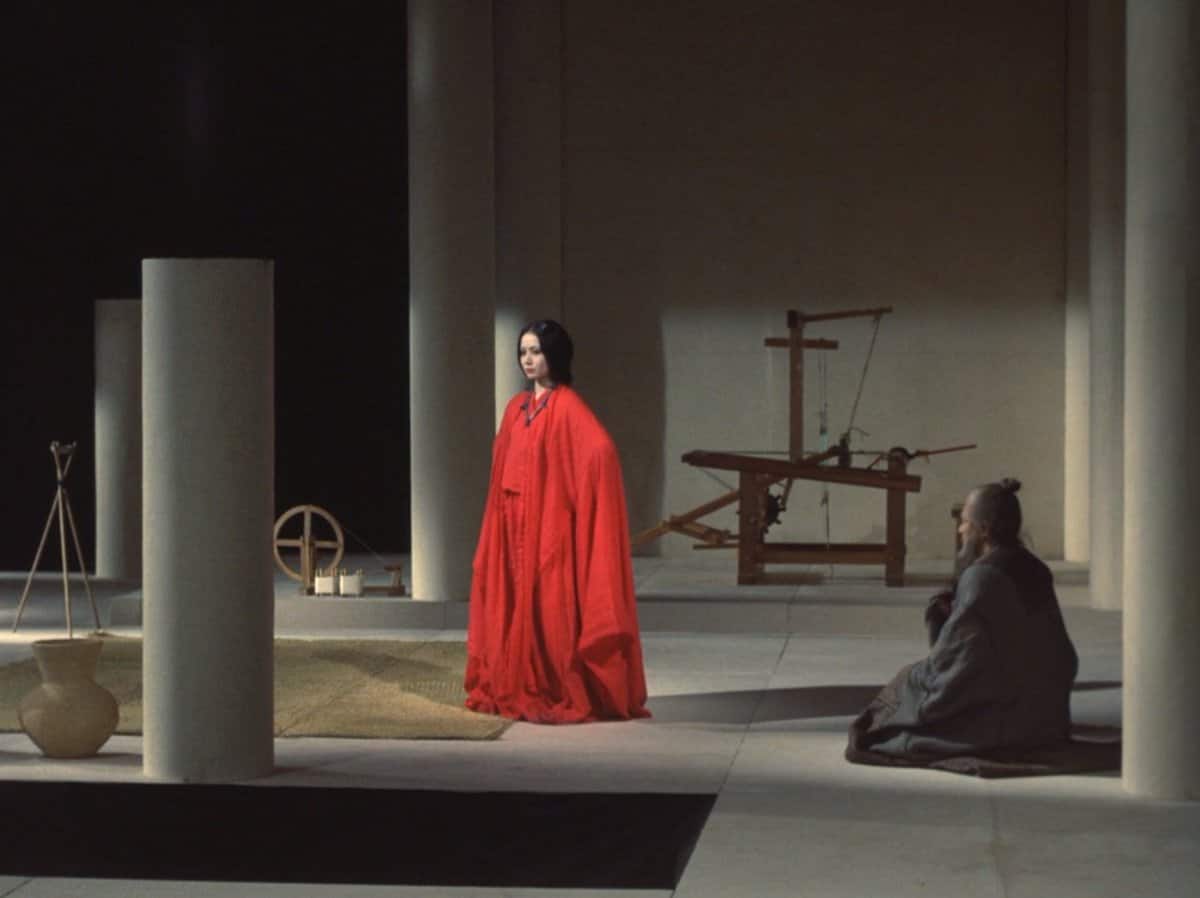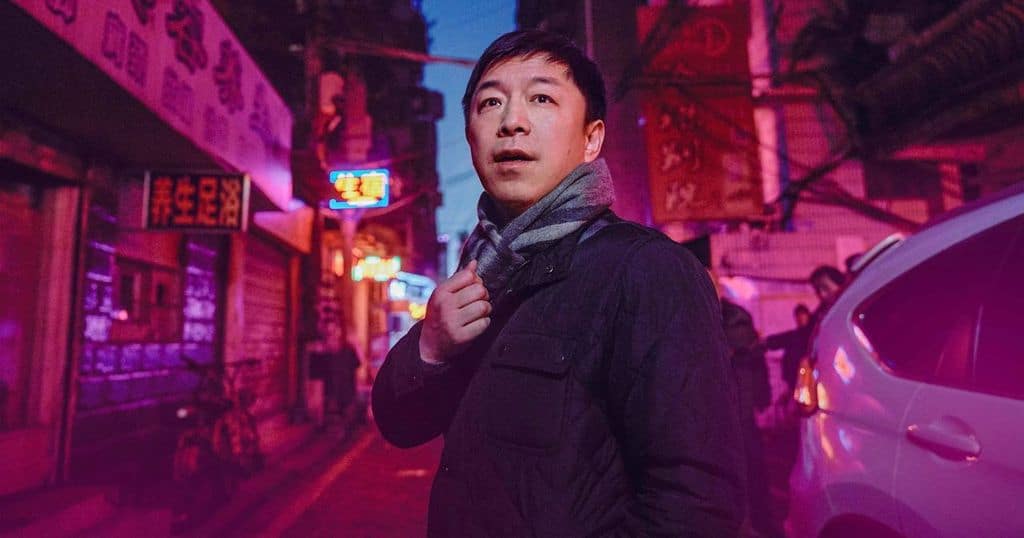I hope you are having a good day. Please, make sure you sit comfortably and have all you might need at hand. Ready? Good. Let`s talk the latest piece of Taiwanese auteur and master of suspenseful takes, odd humour, and a little touch of Zen Tsai Ming-liang who, after finishing his VR film simply missed close-ups.
“Your Face” is screening at the 27th Art Film Fest Kosice

As many other film-makers that have been tagged as “auteur”, Tsai too divides the audience into two groups. And as with many long takes loving filmmakers, those of his fall into the ones who after falling asleep once, never return to any other of his films, and the rest. Let`s face it, Tsai`s style invites his audience to zone out everything outside the screen and it is not rare this invitation shifts into a dream. That is also why it is so much easier to enjoy his films as solitaires than during festivals. Funnily enough, it is mainly at the film festivals you get a chance to see them.
“Your Face” is built upon the faces of twelve people and one hall that each gets approximately 6 minutes (alright, the hall gets some 8 minutes). The protagonists, with one exception, are people approached by Tsai and the cinematographer of “Your Face”, Ian Ku, mostly in the streets of Taipei. That one face belongs to none other than Lee Kang-sheng, who is simply a vital element to Tsai`s films. The idea of a film based on a series of faces isn`t new, nor is the knowledge of the effect of a long take. Still, it can be interesting to see the results. Because what you see is what is important.

Tsai gave the protagonists a simple instruction: 30 minutes of talk with the director and another 30 minutes to do whatever you want. Some stay silent, some plunge into their memories on marriage, family, gambling; the sorrows and joys of their past. And some fall asleep. The audience becomes an observer, at the same time distanced and connected.
The close-ups allow seeing in detail, seeing more clearly, the length of the takes brings on a certain tension of expectation what will follow. A sneaking monster? A killer? A …? Or a smile, a tear, a silence, Hsiao Kang… The faces in time themselves provoke emotional responses – the focus shifts into interaction. The act of looking feels like a lasting moment, turning into a meditation lead by images. (Yes, that is the brink of the long wink.)

There is one unusual element present. Not in the image, not at all prominent, but still very present. In “Your Face”, Tsai for the very first time employs non-diegetic music. He managed to pair with the composer who feels just perfect, none other than Ryuichi Sakamoto. The atonal compositions accompany the presence of the facial expressions, of private stories, create the ambiance of the time passing without imposing themselves across “Your Face”.
The principle is simple – look long enough at anything and it starts changing in front of your very eyes. You might start seeing more details, or even add information based on your own intertextual pool. Moreover, a long take creates an impression of manipulation-free images and scenes; especially with people unused to the camera, the time allows them to lose the nervosity, to forget it, and to expose oneself at their natural.
“Your Face” feels to be a very logical continuation in Tsai`s approach to cinema. It refuses to fall neatly into any category, and despite it somehow tells stories, it stands far from the “solid” narrative that has never been the pivotal point for Tsai; the long and longer takes and silent treatments are as present as ever. With this statement comes a prophecy: if you like it, you like it, if you don`t, you`ll suffer.


